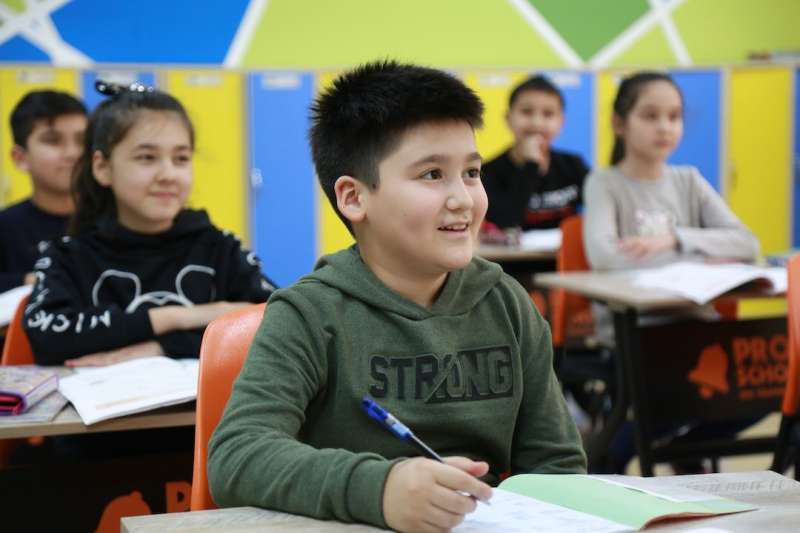This article has been reviewed according to Science X's editorial process and policies. Editors have highlighted the following attributes while ensuring the content's credibility:
fact-checked
trusted source
proofread
Persistence is crucial in the classroom, new education reports show

Possessing lots of persistence leads to better academic outcomes for Houston Independent School District students, according to a newly released series of reports from the Houston Education Research Consortium (HERC), a research center within Rice University's Kinder Institute for Urban Research.
The reports are based on the Survey on Social and Emotional Skills developed by the Organization for Economic Cooperation and Development (OECD); more than 6,400 10-year-old and 15-year-old students from 119 Houston schools participated in fall 2019. Such skills help students understand and manage emotions, set and achieve positive goals, feel and show empathy for others, establish and maintain positive relationships and make responsible decisions, the report read.
"Presence of these skills can lead to improved outcomes in education, employment, health and well-being," the authors wrote.
For both age groups, tolerance, curiosity, creativity, cooperation and self-efficacy were the highest self-reported skills. Empathy was high among 15-year-olds, and motivation was high among 10-year-olds.
But how do these skills actually translate to academic and life outcomes?
Students who reported having high levels of persistence earned higher course grades in both math and reading. Those who reported having high levels of social and emotional skills also reported having a greater sense of belonging, facing less bullying at school and having better relationships with friends, family and neighbors. In addition, 15-year-olds with high levels of trust had better grades in math.
When it came to chronic absenteeism, defined as missing three weeks or more during an academic year, 15-year-olds who reported having high levels of cooperation, emotional control and energy were less likely to demonstrate chronic absenteeism, whereas students reporting high levels of assertiveness and self-control were more likely to.
Finally, Black and Hispanic 15-year-olds who reported high levels of self-control or persistence were less likely to experience exclusionary discipline (such as suspension or alternative education), but those who reported high levels of assertiveness were more likely to.
The researchers hope the series of studies will help increase recognition of the importance of social and emotional skills and their connection to a host of outcomes for students, academic and otherwise.
"So often, we focus on test scores and grades," said Erin Baumgartner, director of HERC. "We hope this work encourages people to think more holistically about the support students need to be successful in school and beyond."
The Survey on Social and Emotional Skills was conducted as part of an international effort to shed light on the impact of such skills on academic outcomes, absenteeism and school discipline. Houston was the only U.S. site for the survey.
Provided by Rice University





















